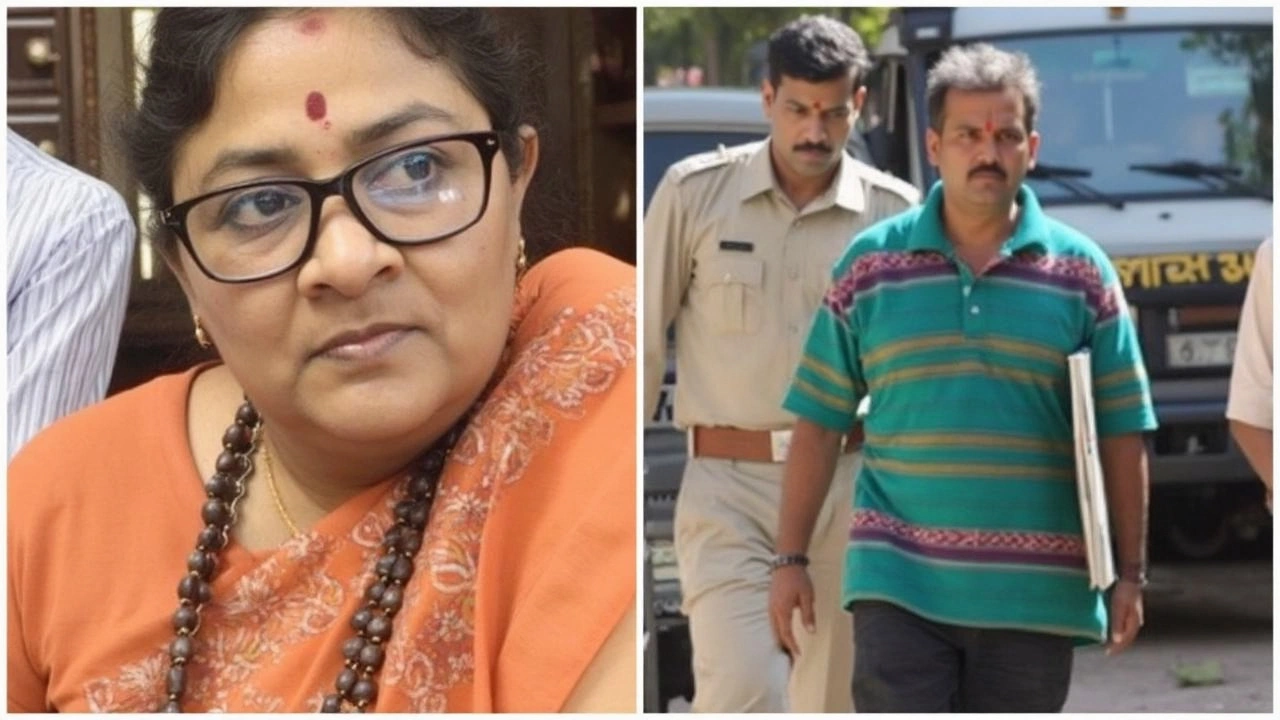Acquittal: What It Means and Why It Matters
Ever wondered why a court sometimes declares someone "not guilty" even after a long trial? That decision is called an acquittal. It’s a legal term, but you don’t need a law degree to get why it matters. In simple words, an acquittal means the judge or jury found there wasn’t enough proof to convict the accused.
Understanding Acquittal in the Legal System
When a case goes to trial, the prosecution has to prove every element of the crime beyond reasonable doubt. If they miss even one piece, the defense can ask the judge to dismiss the charges, or the jury can simply vote "not guilty." That result is an acquittal. It’s not the same as a dismissal before trial; a dismissal stops the case early, while an acquittal follows a full hearing.
Acquittal also protects the accused from being tried again for the same offense – that’s the principle of double jeopardy. Once a person is acquitted, the law says you can’t put them back in court for the same charge, no matter how many new witnesses you find.
The impact on a person's life can be huge. A clean record means they can keep their job, travel freely, and avoid the stigma that comes with a conviction. However, the court’s decision doesn’t always erase the public’s memory, especially in high‑profile cases.
Courts reach an acquittal by weighing evidence, hearing witness testimonies, and applying the law. If the evidence is shaky, contradictory, or the defense shows reasonable doubt, the judge or jury will usually side with acquittal. It’s a safeguard to ensure that innocent people aren’t punished for crimes they didn’t commit.
Recent Acquittal Stories and What They Teach
This week, headlines were filled with acquittal news across India. A famous Bollywood actor was cleared in a wildlife‑related case after the court found insufficient proof linking him to the alleged offense. In another instance, a senior businessman walked out of court with an acquittal on charges of financial misrepresentation, highlighting how complex corporate cases can hinge on minute details.
These stories remind us that acquittals can happen in any field – sports, entertainment, business, or everyday life. They also show the importance of strong legal representation and thorough investigation. When you follow acquittal updates, pay attention to why the court said “not guilty.” It’s often about evidence gaps, procedural errors, or legal technicalities rather than a declaration of absolute innocence.Staying informed helps you understand how the justice system protects rights and where it might need improvement. Whether you’re a student, a professional, or just curious, watching acquittal cases teaches you about due process, the burden of proof, and how the law balances society’s need for safety with individual freedoms.
So, next time you see an acquittal headline, ask yourself: what was the key evidence that fell short? How did the defense frame reasonable doubt? Those answers give you a clearer picture of the courtroom dynamics and why the verdict matters beyond the headlines.
Keep checking our tag page for more updates on acquittals, analyses, and what they mean for the people involved. Understanding these legal outcomes helps you stay savvy about the news that shapes our world.
Malegaon Blast Case: All Accused Walk Free After 17-Year Legal Battle
Seventeen years after the 2008 Malegaon blast shook Maharashtra, all seven accused — including Sadhvi Pragya and Lt. Col. Purohit — have been acquitted by a special NIA court due to lack of evidence. The case, marked by high-stakes political controversy and shifting investigations, is finally closed.
